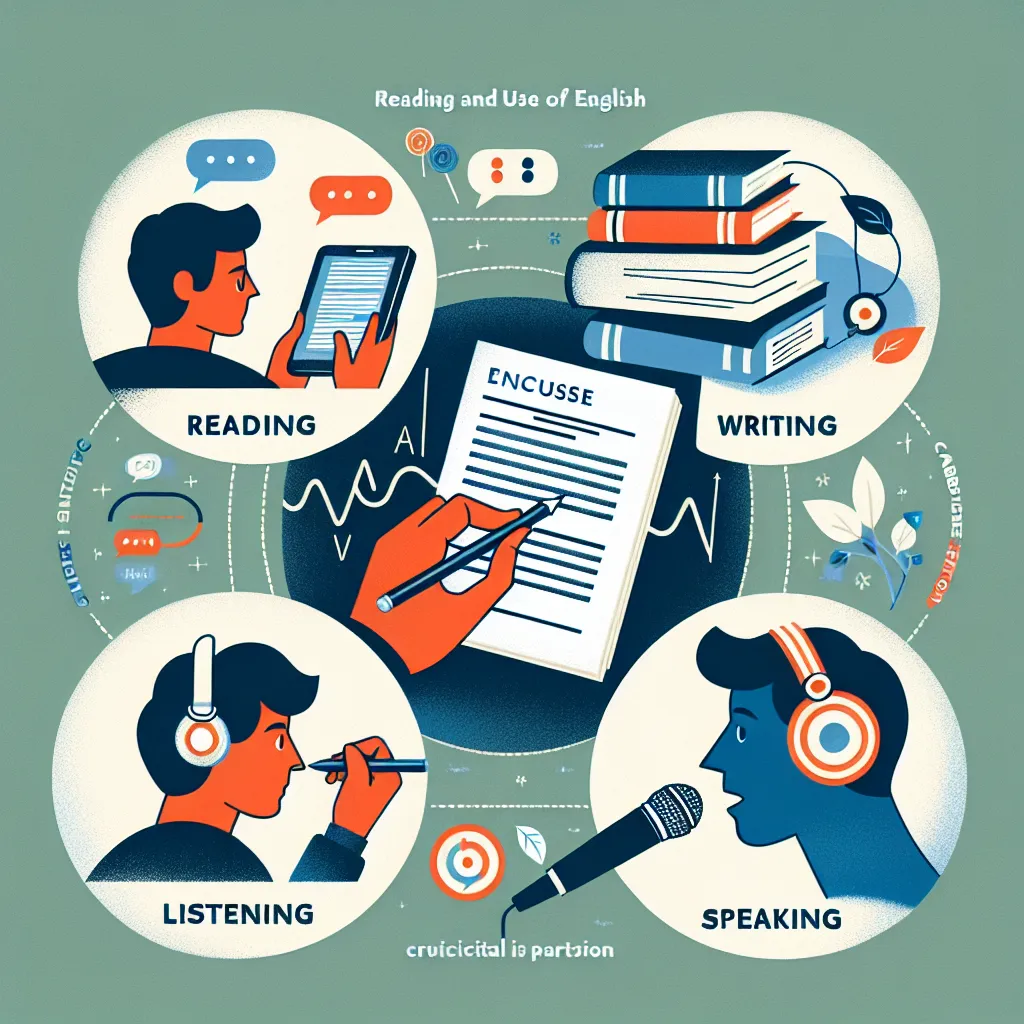Are you preparing for the Cambridge English exams and feeling overwhelmed by the multiple choice questions in the reading section? Don’t worry! As an experienced Cambridge exam instructor and content creator for LearnEnglish.NET, I’m here to guide you through the process of mastering these tricky questions. In this comprehensive guide, we’ll explore effective strategies, common pitfalls, and expert tips to help you excel in the multiple choice section of Cambridge Reading tests.
Understanding Multiple Choice Questions in Cambridge Reading
Multiple choice questions are a common feature in Cambridge Reading tests across various exam levels, including FCE, CAE, and CPE. These questions assess your ability to comprehend complex texts and identify specific information, main ideas, and implied meanings. Mastering this question type is crucial for achieving a high score in the reading section.
 Cambridge Reading Exam
Cambridge Reading Exam
Why Are Multiple Choice Questions Challenging?
- Distractors: Answer options often include cleverly crafted distractors designed to confuse test-takers.
- Time pressure: You need to read and analyze texts quickly while carefully considering each option.
- Vocabulary challenges: Advanced vocabulary and idiomatic expressions can make comprehension difficult.
- Inference skills: Some questions require you to read between the lines and make logical deductions.
Strategies for Tackling Multiple Choice Questions
1. Skim the Text First
Before diving into the questions, quickly skim the entire passage to get a general idea of its content and structure. This will help you locate information more efficiently when answering questions.
2. Read the Questions Carefully
Take time to understand what each question is asking. Identify key words and phrases that will guide your search for the correct answer in the text.
3. Eliminate Wrong Answers
Use the process of elimination to narrow down your options. Cross out answers that are clearly incorrect based on the information in the text.
4. Look for Specific Evidence
For each potential answer, find specific evidence in the text that supports or contradicts it. The correct answer should be directly supported by the passage.
5. Be Wary of Extreme Language
Be cautious of answer choices that use absolute terms like “always,” “never,” or “all.” These are often incorrect in complex reading passages.
6. Pay Attention to Qualifiers
Look for qualifiers in both the question and answer choices, such as “mainly,” “sometimes,” or “often.” These can significantly change the meaning of a statement.
Common Pitfalls to Avoid
- Choosing an answer based on prior knowledge rather than the text
- Selecting the first answer that seems correct without considering all options
- Spending too much time on difficult questions and running out of time
- Overlooking important details or nuances in the text
- Falling for distractors that use words from the passage out of context
Advanced Techniques for Multiple Choice Success
1. Practice Active Reading
Engage with the text by underlining key information, making brief notes, or mentally summarizing main points as you read.
2. Develop Time Management Skills
Allocate your time wisely between reading the passage and answering questions. A general rule is to spend about 60% of your time reading and 40% answering questions.
 Time Management Strategy
Time Management Strategy
3. Use Contextual Clues
When faced with unfamiliar vocabulary, use the surrounding context to deduce the meaning of words or phrases.
4. Look for Parallel Language
Sometimes, the correct answer will use synonyms or paraphrased versions of the text. Train yourself to recognize these parallel structures.
5. Trust Your First Instinct (Usually)
While it’s important to consider all options, your initial gut feeling is often correct. Don’t change your answer unless you have a compelling reason to do so.
Practice Makes Perfect
The key to mastering multiple choice questions in Cambridge Reading is consistent practice. Here are some ways to improve your skills:
- Use official Cambridge practice tests and past papers
- Set time limits when practicing to simulate exam conditions
- Analyze your mistakes and understand why you chose incorrect answers
- Read a variety of English texts regularly to improve your comprehension skills
- Work on expanding your vocabulary, especially academic and idiomatic expressions
[internal_links]
Conclusion
Answering multiple choice questions in Cambridge Reading tests can be challenging, but with the right strategies and consistent practice, you can significantly improve your performance. Remember to approach each question methodically, use elimination techniques, and always base your answers on evidence from the text. By following these expert tips and avoiding common pitfalls, you’ll be well on your way to achieving a high score in your Cambridge exam.
Do you have any specific strategies that have worked well for you in multiple choice reading tests? Share your experiences in the comments below, and don’t forget to check out our other articles on Cambridge exam preparation for more valuable insights!




